Chances are you have heard the name of Nimrod. You may have even called someone a Nimrod (or been called one yourself). He was actually a man named in the Bible. So who was Nimrod and why is his name so famous?
Contents
- Who Was Nimrod in the Bible?
- What Did Nimrod Do in the Bible?
- Why Did Nimrod Build the Tower of Babel?
- Nimrod and Narcissism
- God’s Response to Nimrod
- How to Avoid Being a Nimrod
- How Did Nimrod Die?
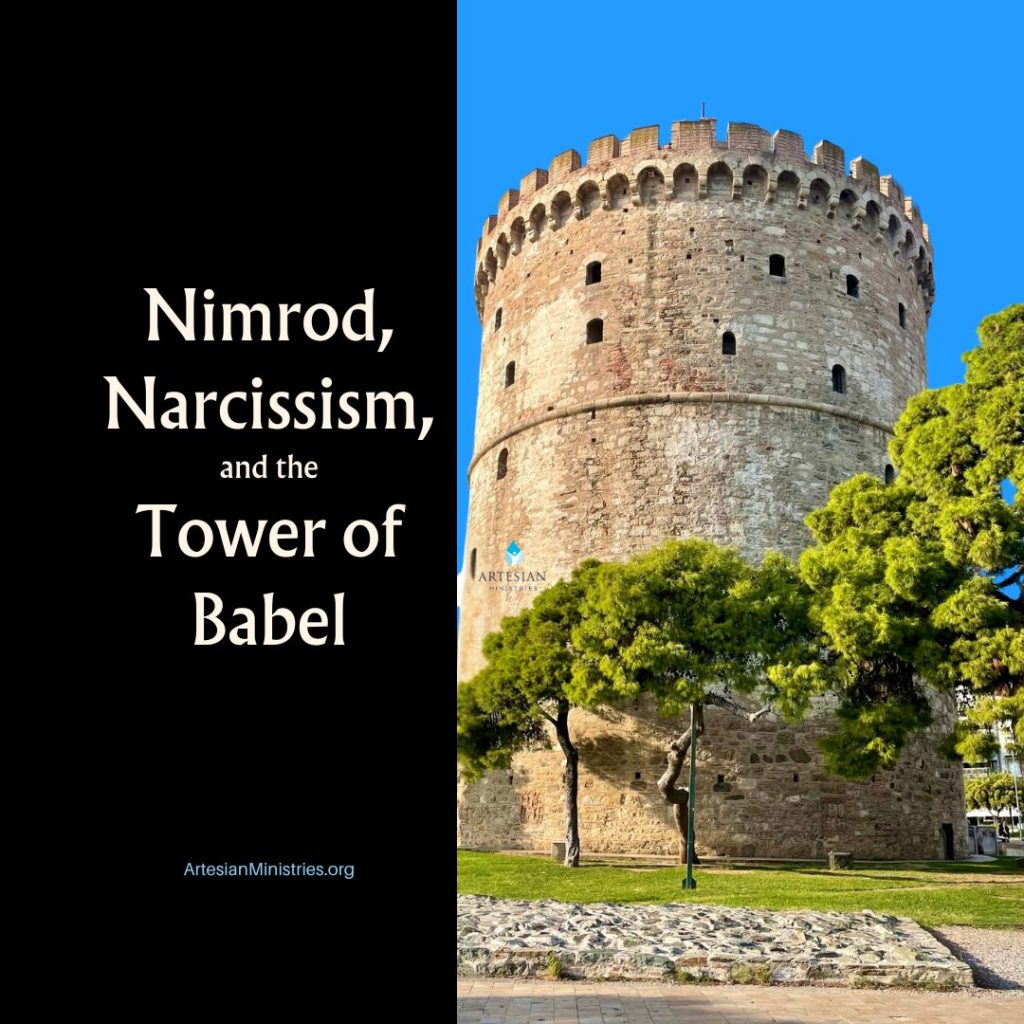
Who Was Nimrod in the Bible?
We are introduced to Nimrod in the Book of Genesis: “Cush fathered Nimrod; he was the first on earth to be a mighty man. He was a mighty hunter before the Lord. Therefore it is said, “Like Nimrod a mighty hunter before the Lord” (Genesis 10:8-9).
Nimrod’s story starts with his family tree in biblical history. We see that Nimrod was the son of Cush. Cush was the son of Ham, who was the son of Noah. So Nimrod was the grandson of Ham and the great-grandson of Noah. He was the third generation to be born after the great flood.
But in our modern-day vernacular, to call someone a “Nimrod” does not mean a positive trait. It usually means that someone acted in a boneheaded way. I have been called a Nimrod, and chances are you have, too. Perhaps you have never heard that name before.
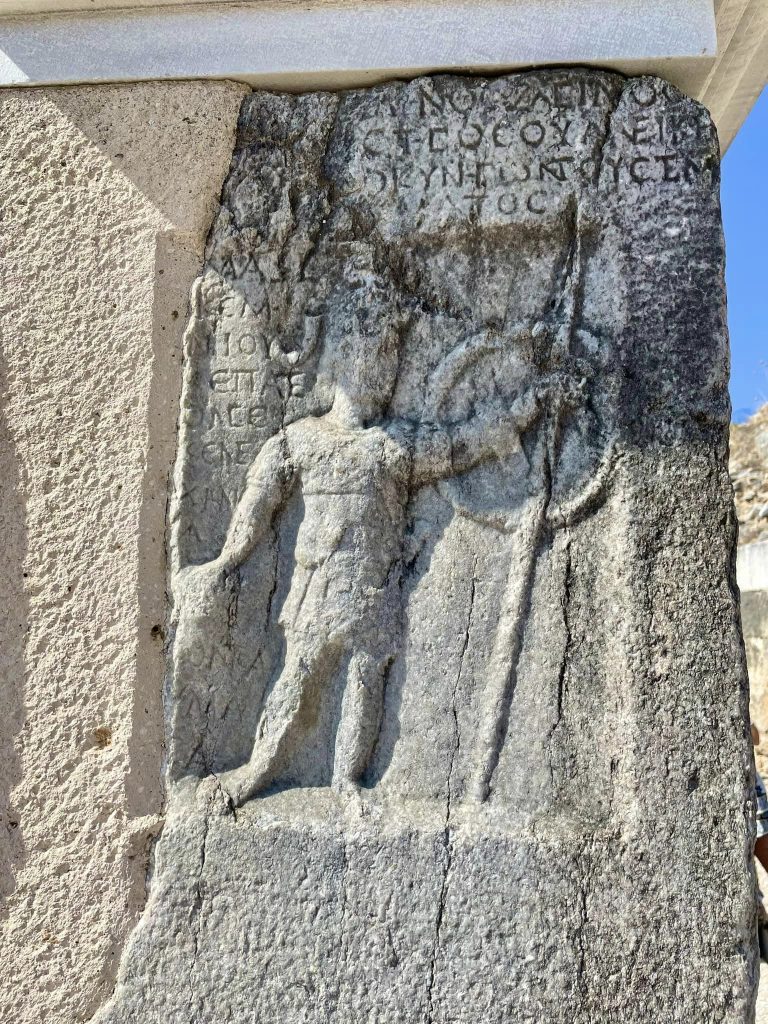
According to Genesis 10:8-9 (above), here are some specific traits in the account of Nimrod up to this point.
1. Nimrod was a Mighty Warrior
The first mention of Nimrod (above) refers to him as a “mighty man.” He was the first of any mighty men listed in Scripture up to this point.
Nimrod automatically stands out in the account of Noah’s lineage in Genesis 10 because three verses are dedicated to him alone. Other people around him are simply given a mere mention.
What we see here is that Nimrod was the first person touted as a “celebrity” in the Bible. He was like the Michael Jordan or Elon Musk of the ancient world, In fact, Nimrod was one of the first well-known historical names other than the kings of the earth.
The first time I stumbled upon the name Nimrod in Genesis 10, his particular name stood out simply because of the different directions and ways that his name is mentioned. Nimrod’s name has two distinctive traits attached to him right away: a mighty warrior and a mighty hunter.
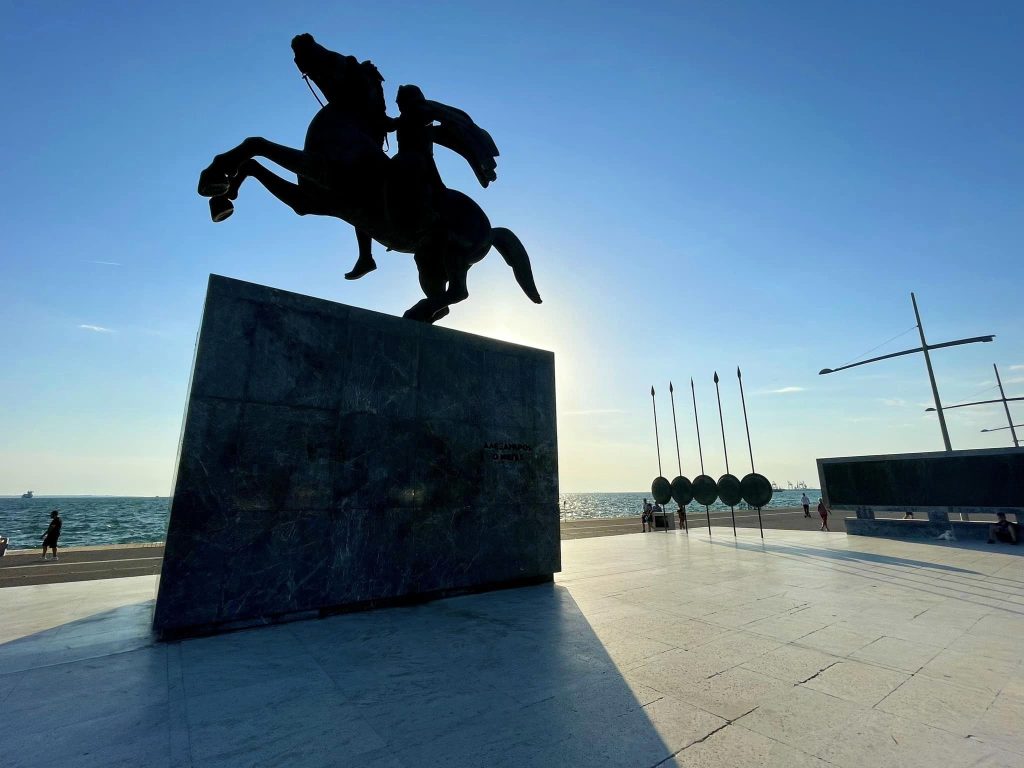
2. Nimrod was a Mighty Hunter
The second thing we learn from the description of Nimrod was that he was not only a great hunter, but a mighty one. Hunting was a valuable skill in ancient traditions. If you were a desert people who did not farm or grow crops, hunting for game was the only way to have food.
Nimrod’s prowess with a bow and arrow garnered him the name “mighty” hunter. He was like the hunter of all hunters. What Michael Jordan did with the basketball, Nimrod did with the bow and arrow or spear. Three-point shots all day long. Wild animal snacks for days.
Nimrod’s father did not even garner such attention as a hunter. Nimrod either loved to hunt so that he became extraordinary through constant practice, or God had gifted him with particular gifts of aim and execution.
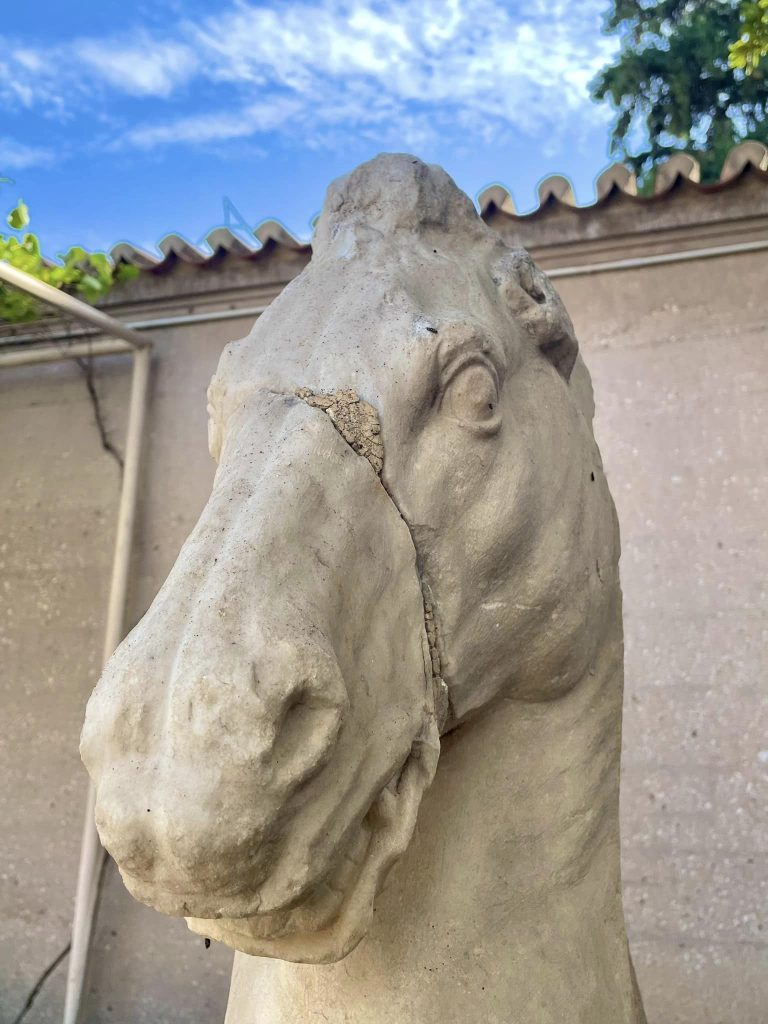
3. Nimrod Built Cities
Beyond the fact that Nimrod was called a mighty man and rock star hunter, he also built cities.
“The beginning of his kingdom was Babel, Erech, Accad, and Calneh, in the land of Shinar. From that land he went into Assyria and built Nineveh, Rehoboth-Ir, Calah, and Resen between Nineveh and Calah; that is the great city” (Genesis 10:10-12).
Building cities takes a great deal of skill. It points to the determination of Nimrod to make a splash in this world for his name. It takes a long time and a lot of people to build cities. Consequently, Nimrod would have secured loyalty from the people of the land.
The land of Nimrod’s influence spread far. Resen was known as one of the great cities in the Old Testament. Nimrod was a bold man and a powerful leader of different people across the whole land.
But celebrity is a fickle beast. Celebrity is not always a positive thing to have and we will see that in Nimrod’s life. Pursuing a life that is all about you discounts or diminishes God. It puts that person on a collision course with the Almighty.
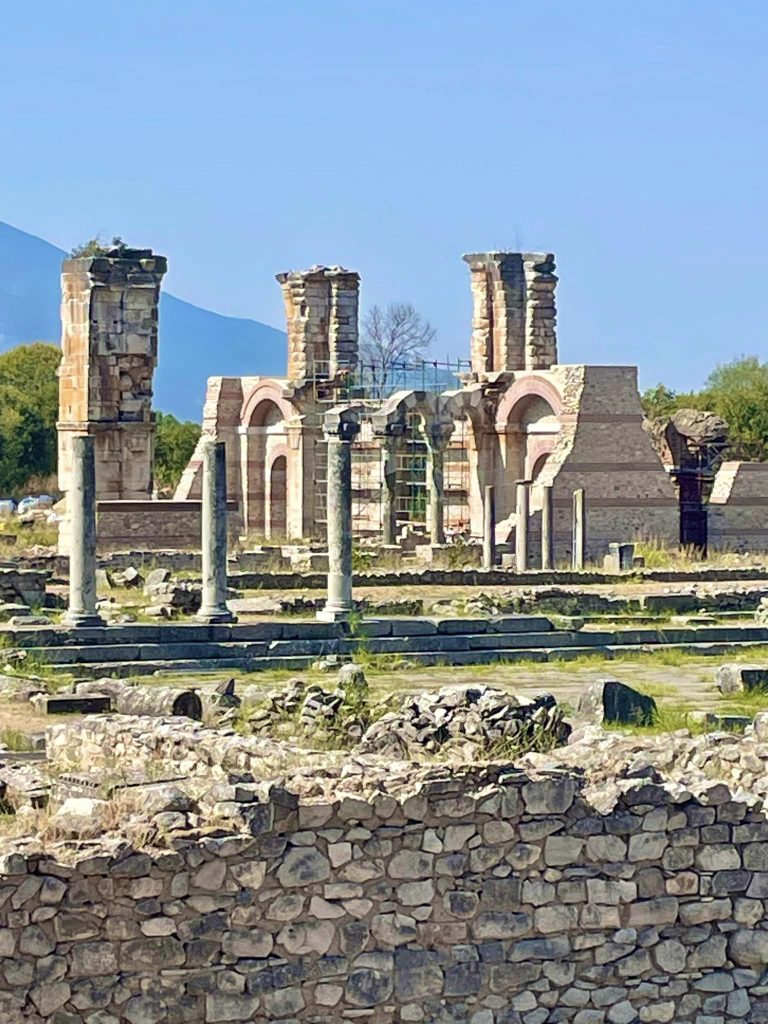
What Did Nimrod Do in the Bible?
Nimrod built the city of Babel and within it the infamous Tower of Babel. The story of the Tower of Babel is a story of narcissism and self-absorbed celebrity gone terribly wrong.
“Now the whole earth had one language and the same words. And as people migrated from the east, they found a plain in the land of Shinar and settled there. And they said to one another, ‘Come, let us make bricks, and burn them thoroughly.’ And they had brick for stone, and bitumen for mortar” (Genesis 11:1-3).
Do you ever wonder why Scripture includes certain details? For instance, these verses emphasize using bricks that were burned and using bitumen for mortar. Why in the world would that matter?
Genesis was written to a people who had been enslaved in Egypt doing building projects. This reference to bricks meant something to them. To a generation of builders, they understood that bricks were a substandard building material. Stone was much stronger and lasted longer. You did not use bricks for stone if you expected a building to stand the test of time.
This part of Genesis is powerful because it shows what happens when people like Nimrod (or you and I) walk away from the God who created us to create something using substandard material for our own glory. We cannot build a life using unstable, ungodly spiritual building bricks.
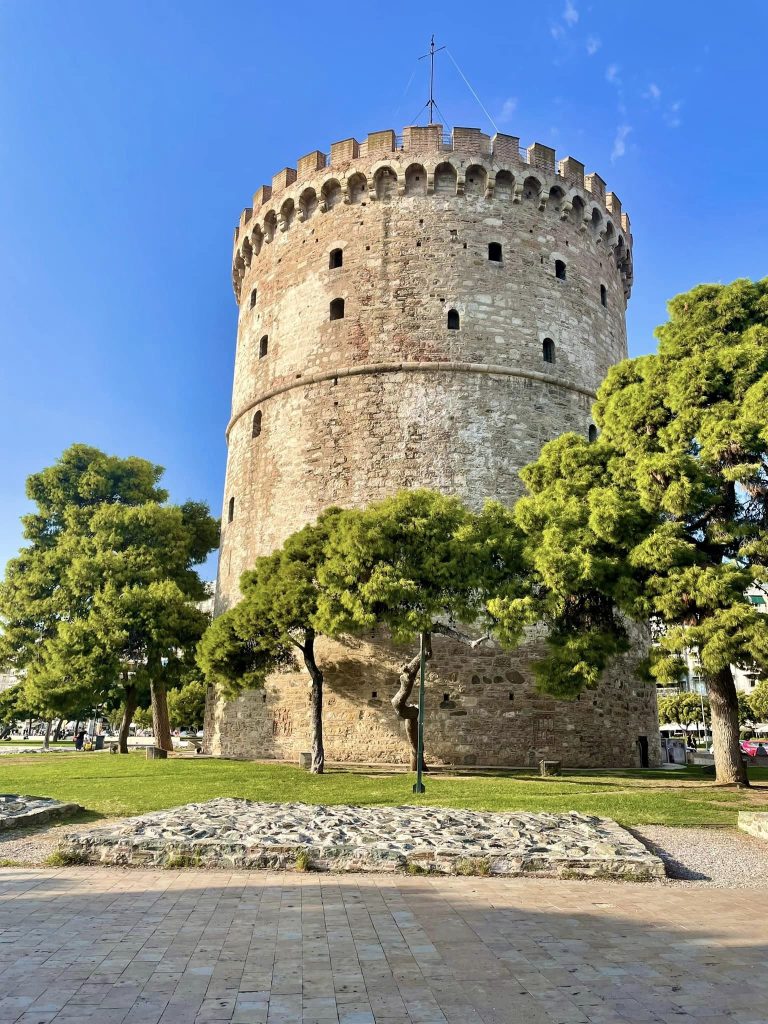
What Does Nimrod Mean in Hebrew?
We still use his name today in the unflattering light of being a bonehead or not acting very smart. The biblical name of Nimrod means “rebel” in Hebrew traditions. That certainly fits with what we have learned about Nimrod.
However, the name Nimrod can also mean “valiant”. Perhaps the story of Nimrod is also a lesson about how valor can go sideways when not directed for God’s glory. That begs the question: when God gives us valor are we using for His glory or ours? When we use valor for self gain we garner the contempt of God.
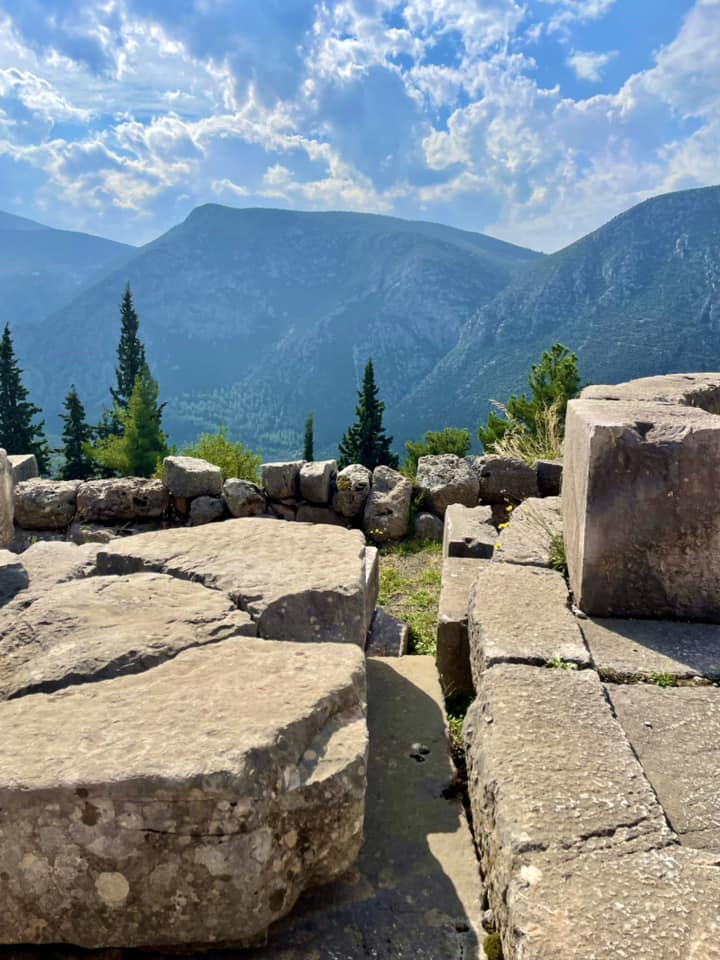
Why Did Nimrod Build the Tower of Babel?
A tower is a statement of dominance and power. We still do this today by building skyscrapers. About 600,000 people were involved in the building of the Tower of Babel and its surrounding city. According to the book of Jubilees, the building program lasted for 43 years. (The Book of Jubilees in not part of the biblical canon, but Jewish tradition.)
When God decided to put a stop to Nimrod’s building project, the tower had reached 5,433 cubits (almost two miles high). To put it into perspective, according to the Guinness Book of World Records, the tallest building in the world today is the Burj Khalifa in Dubai at 2,761 feet. That is only a half of one mile tall, or one-quarter of the height Nimrod had achieved. Nimrod was literally trying to reach the heavens.
According to the Book of Jasher, the founders of the Babylonian and Egyptian empires undertook the task of building the tall tower. The Book of Jasher (the Book of the Upright or the Book of the Just Man) is a lost book mentioned in the Hebrew Bible. Even though it is a part of the Jewish writings, it is often interpreted as a lost non-canonical book by modern scholars. It says:
“And all these people and all the families divided themselves in three parts; the first said We will ascend into heaven and fight against him; the second said, We will ascend to heaven and place our own gods there and serve them; and the third part said, We will ascend to heaven and smite him with bows and spears.” Jasher 9:26
Building the Tower of Babel was essentially a revolt against God. Nothing good can ever come out of that spiritually deadly territory.
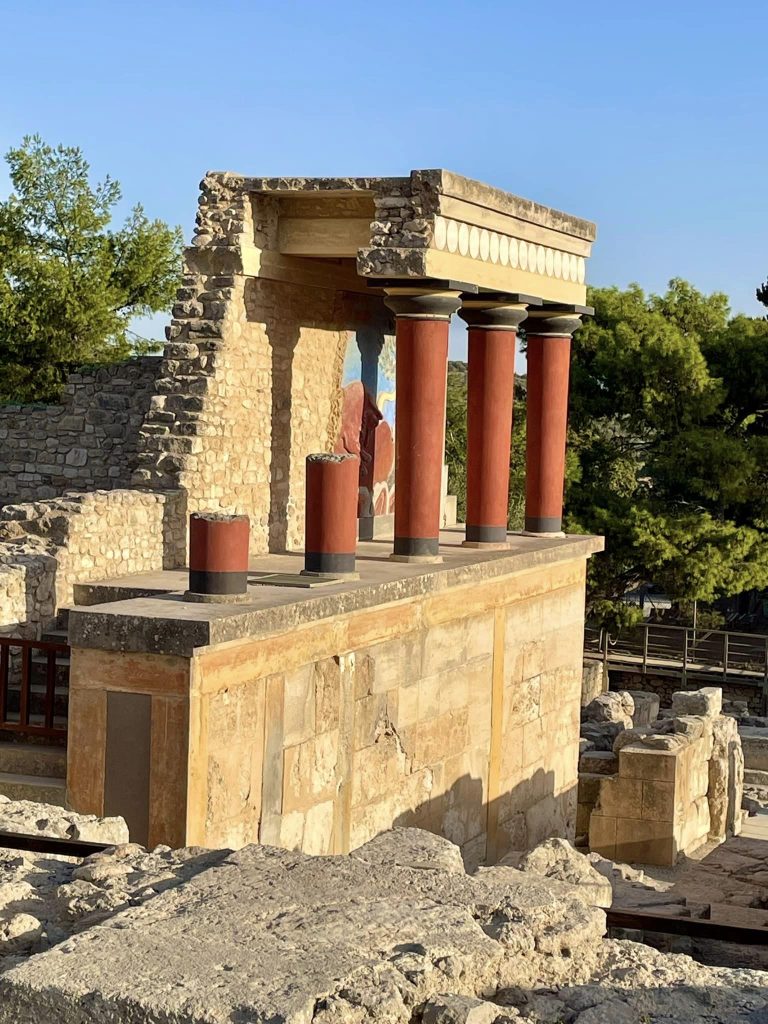
Nimrod and Narcissism
Nimrod was known for his narcissism and self-promotion to the detriment of others and offense to God. Narcissism is not new, but I believe we can agree that it has gotten exponentially worse. A true narcissist is not driven by insecurity. Rather, they believe we should think they are awesome because they are awesome. About 6% of people fall in that category.
The atmosphere in our culture centers around narcissism. Think about it. Self-absorption is in the very air we breathe through social media and mainstream media. Selfies clutter social media like confetti. Just scroll through someone’s social media page. Do they appear in the vast majority of their pictures? Are they talking about the Bible but the accompanying picture or video is a selfie?
Narcissism at its core is a preoccupation with self coupled with a diminishing empathy for others. In their book, “The Narcissism Epidemic: Living in the Age of Entitlement“, authors Jean Twenge and Keith Campbell report the exponential increase in the narcissistic “epidemic” more than doubled over the last decade.
They observed how our culture is becoming a more self-absorbed people. They even did an in-depth study of song lyrics over the past several decades and discovered a radical decrease in words like “we” and “us”, and an increase in words like “I” and “me.” There has been a marked decrease in socially uplifting lyrics to more destructive, violent lyrics.
So we need to learn how to adjust our breathing in an atmosphere of narcissism in order to survive and thrive in Christ. Why is narcissism and bone-headed actions associated with Nimrod?
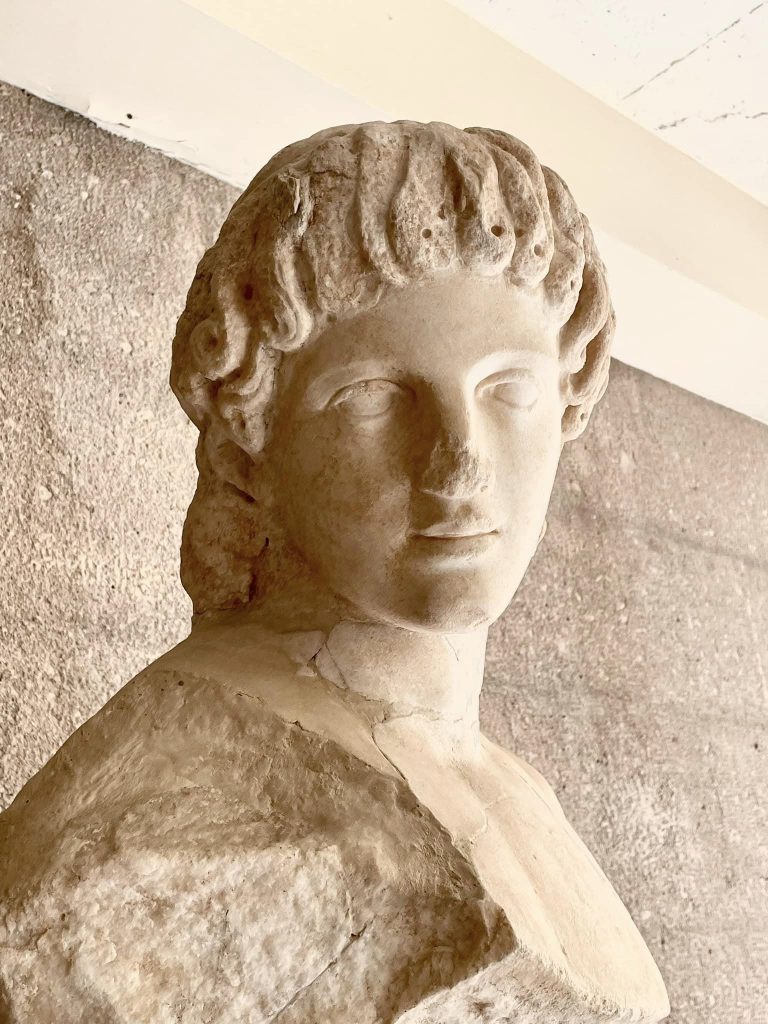
1. Nimrod’s Kingdom
Nimrod was all about Nimrod. He was a walking definition of narcissism. His picture would have shown up by the word “narcissism” in ancient dictionaries. Genesis 10:10 says that Babel was “his kingdom” so Nimrod was a king.
We clearly see narcissism in the reason that Nimrod and the people built the tower: “Then they said, ‘Come, let us build ourselves a city, with a tower that reaches to the heavens, so that we may make a name for ourselves; otherwise we will be scattered over the face of the whole earth'” (Genesis 11:4).
They were actually making a theological statement. They wanted to build a city that reached the heavens because that’s where God dwells. And Nimrod wanted the top job. They were building the tower for themselves to make a name for themselves. When a person does not follow God, something has to take the central place in their life. The most common and natural default is to worship self.
Did you notice that fear was their motivation? “…otherwise we will be scattered over the face of the whole earth.” So even though their intent begins with prideful statements, the driving force is fear. Fear that they won’t amount to anything or won’t be remembered.
Nimrod chose to leverage his God-given gifts to make a name for himself. As king, his kingdom would be all about him. Nimrod King of Babel meant that he took center stage in his fiefdom. His was the kingdom.
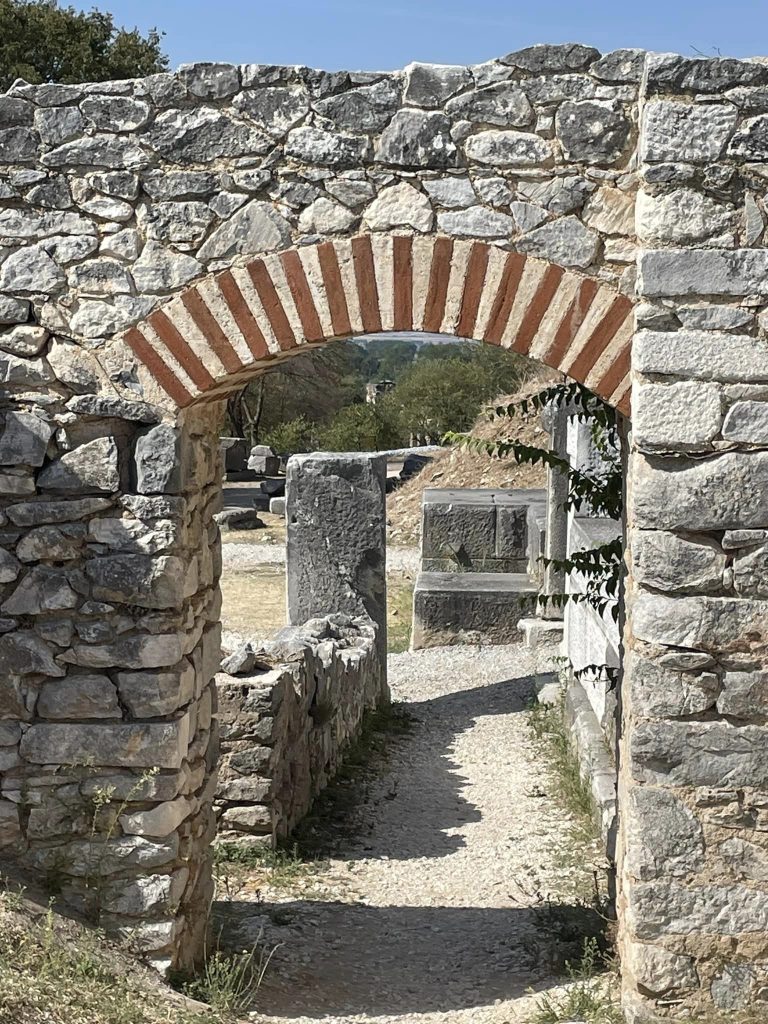
2. Nimrod’s Power
Nimrod’s power was undisputed. People proclaimed him as a mighty warrior and the best hunter over the face of the whole earth. We already learned that Nimrod gets more Bible mention exposure than any other person in Genesis 10.
From ancient texts to today, wealth usually brought power. As a king with vast resources at his disposal, Nimrod was powerful. The people who try to run our world today are the wealthiest around the globe. When used for self or self-aggrandizing agendas, wealth is the lurking place of ultimate defeat.
Although we cannot know the heart of Nimrod, a person’s actions are a clear indicator. He lived large as a mighty hunter. He built large as a king. His was the power.
Truth: “My grace is sufficient for you, for my power is made perfect in weakness.” Therefore I will boast all the more gladly about my weaknesses, so that Christ’s power may rest on me” (2 Corinthians 12:9).
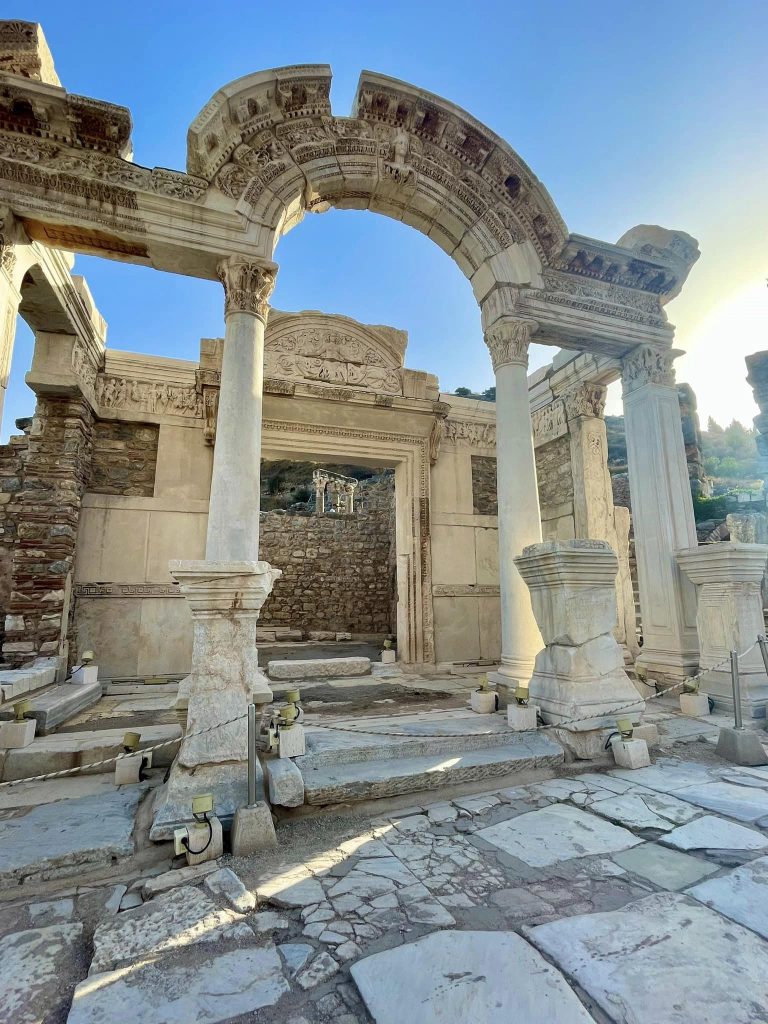
3. Nimrod’s Glory
Nimrod garnered all the glory. After all his city and his tower were all about him. He was a mighty man and a mighty hunter.
God did not figure into Nimrod’s plans. Yet as the Author of life, God is the DNA of any successful plan. Following God and His plans for our lives means lasting success with God getting all the glory. But God was not part of Nimrod’s architectural plans. His was the glory.
In her book “Daring Greatly“, Brene Brown says about our culture: “I see shame-based fear of being ordinary. I see the fear of never feeling extraordinary enough to be noticed, to be lovable, to belong or to cultivate a sense of purpose. I can see exactly how and why more people are wrestling with how to believe they’re enough. The cultural messaging everywhere that says an ordinary life is a meaningless life.”
None of what Nimrod did was about God’s kingdom, God’s power, or God’s glory. In Nimrod’s world, his was the kingdom, the power, and the glory. Why is our culture today so obsessed with building their own brand to stick out? Most of us are not classic narcissists. What drives it is usually a fear that we are not relevant or people will not remember us.
“Declare His glory among the nations, His marvelous works among all the peoples!” (Psalm 96:3)
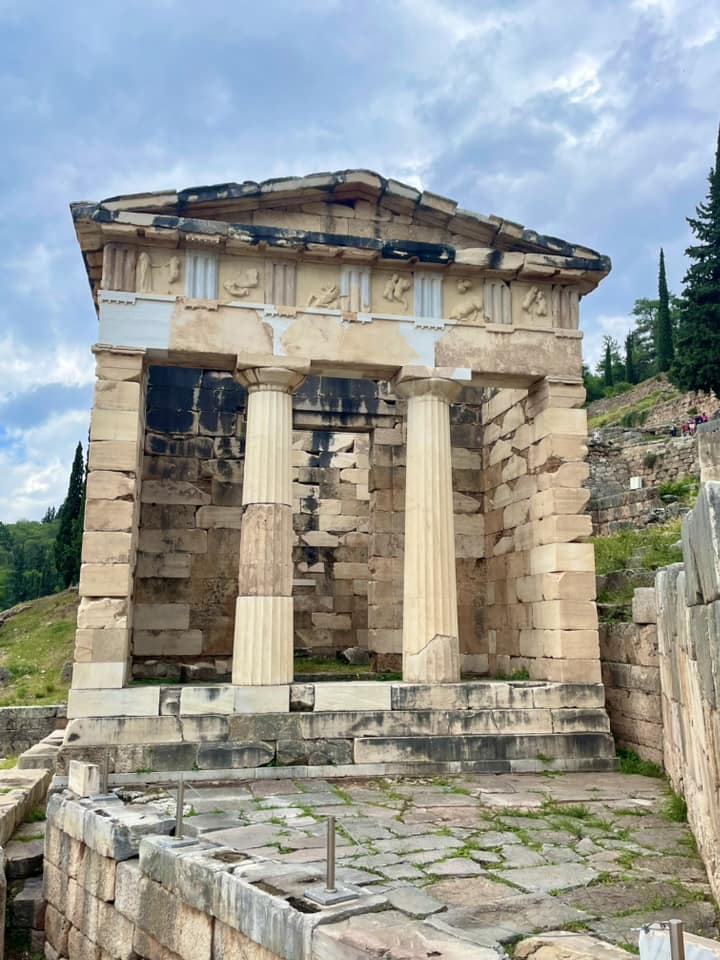
God’s Response to Nimrod
Nimrod and his people had built a tower to try to become their own gods. God knew this was not good for mankind, so in His mercy He shut it down.
“But the Lord came down to see the city and the tower the people were building. The Lord said, “If as one people speaking the same language they have begun to do this, then nothing they plan to do will be impossible for them” (Genesis 11:5-6).
That is not a positive statement. This verse is not a team cheer saying “You can do anything!” God does not look down and become afraid that they will overpower Him. He sees that their building project will lead to self-destruction.
“Come, let us go down and confuse their language so they will not understand each other.” So the Lord scattered them from there over all the earth, and they stopped building the city. That is why it was called Babel—because there the Lord confused the language of the whole world. From there the Lord scattered them over the face of the whole earth” (Genesis 11:7-9).
We cannot miss the significance that God came down. Nimrod was working to build his kingdom up and God simply looked down shaking His head in disappointment. He stopped their self-destructive behavior by confusing mankind’s communication through different languages from that point on. What Nimrod was striving for was impossible in every way—spiritually, physically, and morally.
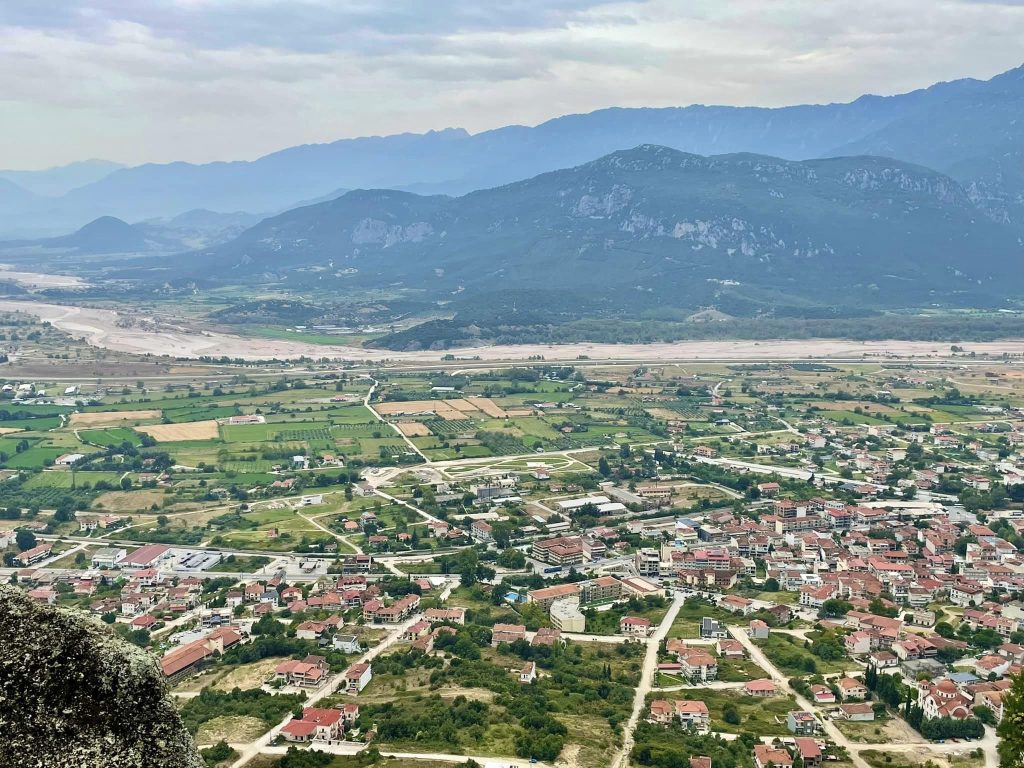
How to Avoid Becoming a Nimrod
That’s the fear of being nobody, of being scattered, and of not mattering is where most people live. But that does not mean we have to become Nimrod. So how do we avoid that slippery slope in our saturated cultural atmosphere of narcissism?
1. Fear the Lord, Not Lack of Followers
Many of us look around our culture and conclude that if everyone else is going after their corner of fame, perhaps we should jump in before we miss out. Perhaps our secret fear is that our number of followers somehow comprises our worth. And the desperate fight for earthly relevance kicks in. Keep these verses close:
Proverbs 1:7 – “The fear of the Lord is the beginning of knowledge, but fools despise wisdom and instruction.”
Galatians 3:26-27 – “So in Christ Jesus you are all children of God through faith, for all of you who were baptized into Christ have clothed yourselves with Christ.”
Romans 8:17 – “Now if we are children, then we are heirs—heirs of God and co-heirs with Christ, if indeed we share in his sufferings in order that we may also share in his glory.”
By God’s grace, we can redirect the gifts He has given us back for His kingdom, His power, and His glory. In Christ, you matter. He created you with a specific purpose, gifts, and passions.

2. Follow the Lord, Not the Fame
Throughout Scripture, if anyone traveled “east” they were going away from God. The same is true of the people of Babel:
“Now the whole world had one language and a common speech. As people moved eastward, they found a plain in Shinar and settled there” (Genesis 11:1-2).
When Adam and Eve rebelled against God, Genesis tells us that they moved east of Eden. When Cain killed his brother and God sent him out of His presence, Cain went east to build his city. Later when Lot broke away to pursue a selfish and broken life, he traveled east.
So we see a pattern. We can see where God is at work in this world and we can go toward it. Or we can choose to walk “east” away from God to build our own platforms, cities, and fame. We can be obsessed with how we look or sound in social situations or we can allow the Lord to shine through us.
“Blessed is the one who does not walk in step with the wicked or stand in the way that sinners take or sit in the company of mockers, but whose delight is in the law of the Lord, and who meditates on his law day and night” (Psalm 1:1-2).

How Did Nimrod Die?
Scripture does not say how Nimrod died. However, Jewish tradition in the Book of Jasher (mentioned earlier) says:
“And Esau at that time, after the death of Abraham frequently went in the field to hunt. Nimrod king of Babel, the same was Amraphel, also frequently went with his mighty men to hunt in the field, and to walk about with his men in the cool of the day. And Nimrod was observing Esau all the days, for a jealousy was formed in the heart of Nimrod against Esau all the days. And on a certain day Esau went in the field to hunt, and he found Nimrod walking in the wilderness with his two men. Nimrod and two of his men that were with him came to the place where they were, when Esau started suddenly from his lurking place, and drew his sword, and hastened and ran to Nimrod and cut off his head.” (Jasher 27:1-4, 7).
We do not know the historical truth behind the death of Nimrod. However, Nimrod’s death in the Jewish tradition sounds like how he lived: by the sword.
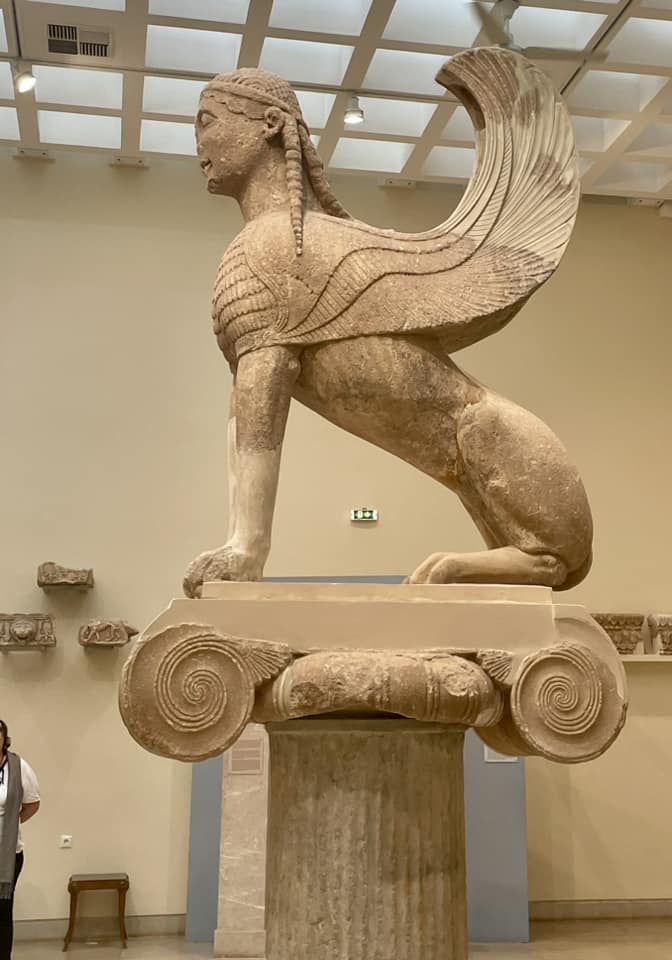
Bottom Line
At some point, all of us have rebelled against God in large and small ways. Yet our merciful God will shut down our self-destructive building projects to show us how to build up His kingdom, in His power, and for His glory.
There are two truths about God’s building projects. When God builds something it lasts forever and blesses others. That’s the kingdom building we want to be a part of.
Related Posts:
- Jacob and Esau: Polar Opposite Twins in the Bible
- 10 Powerful Prayers for Repentance and Restoration
- 12 Powerful Scriptures to Pray for Financial Breakthrough
About the Author
Donna is a sought-after speaker, multi-published author, and Bible teacher. Her path from unchurched to becoming passionate about sharing Jesus was difficult. Read about her God-breathed journey: “From Unchurched to Becoming a Multi-Published Author and Sought-After Speaker.” If you want to send Donna a quick message, visit her here.

{Some of these links are affiliate links. If you purchase through that link, the ministry may receive a small commission at no extra cost to you.}
